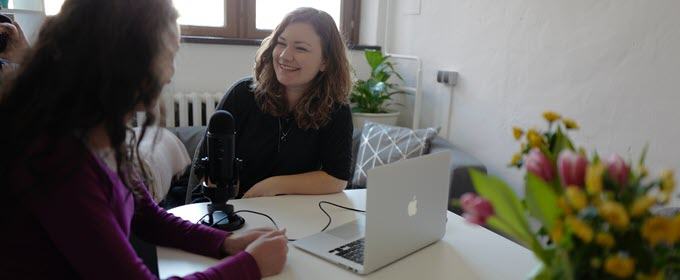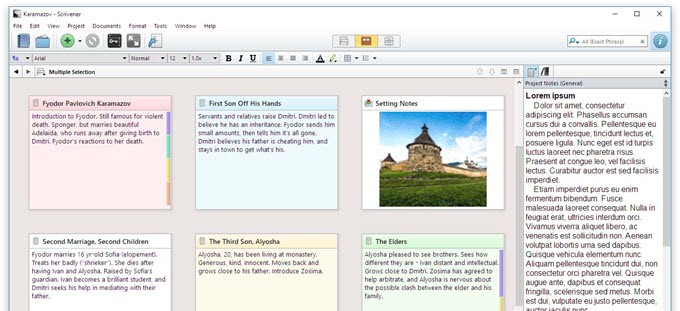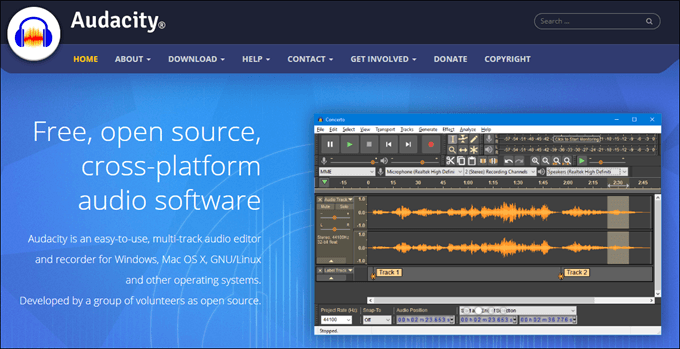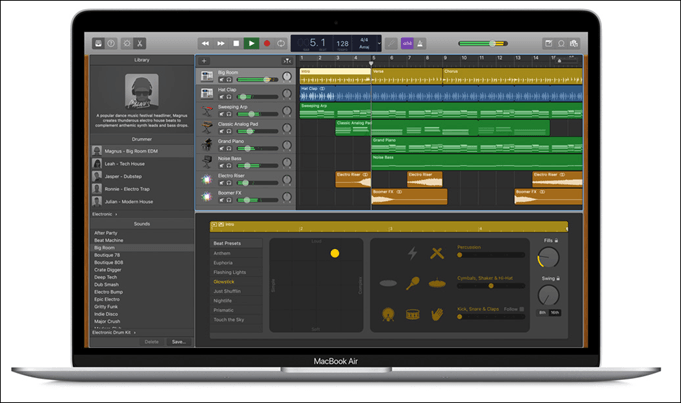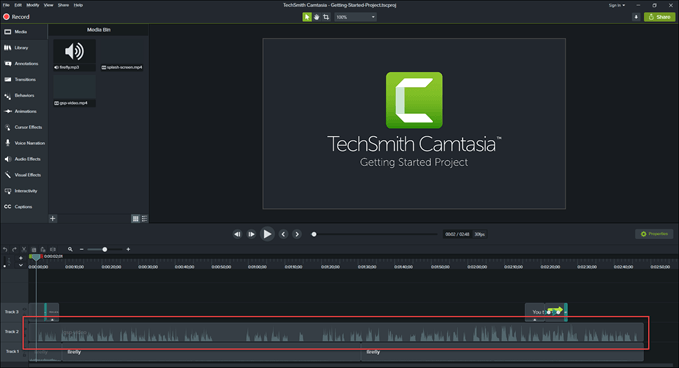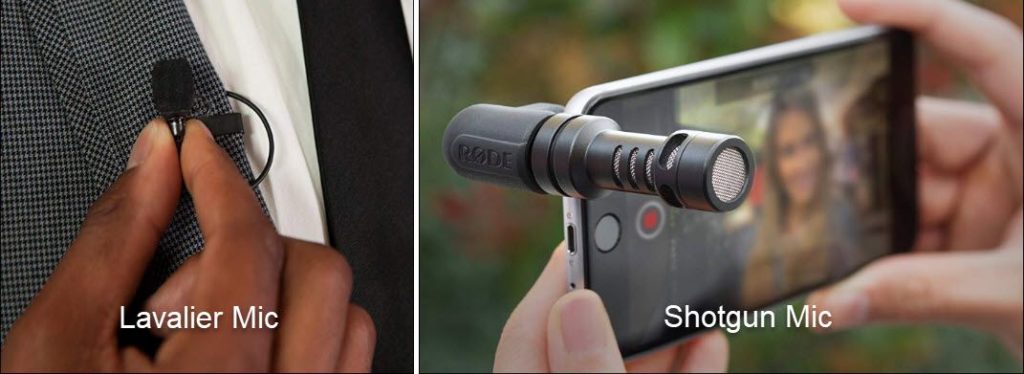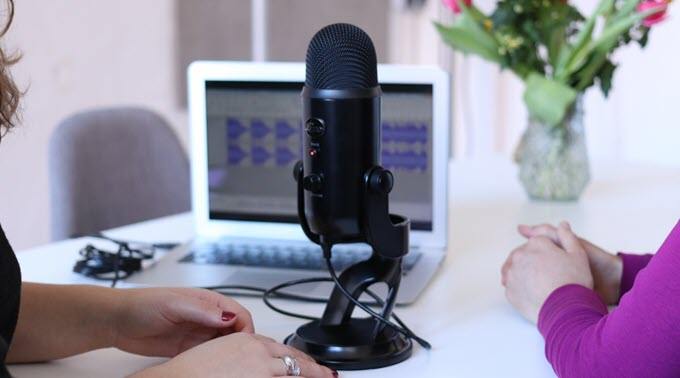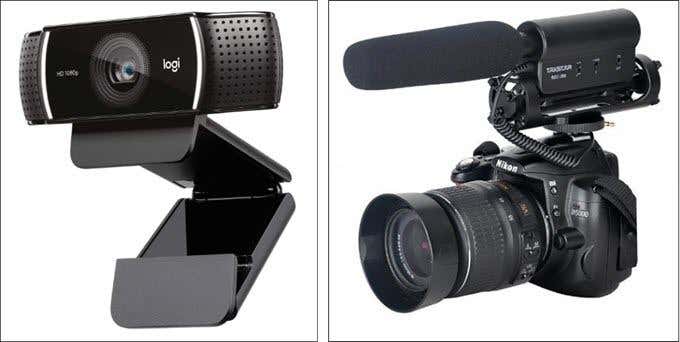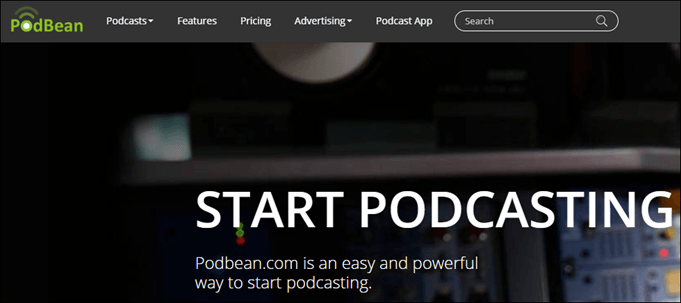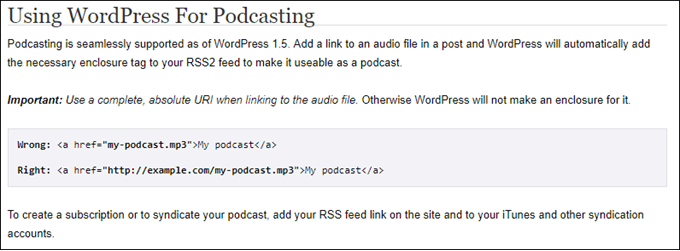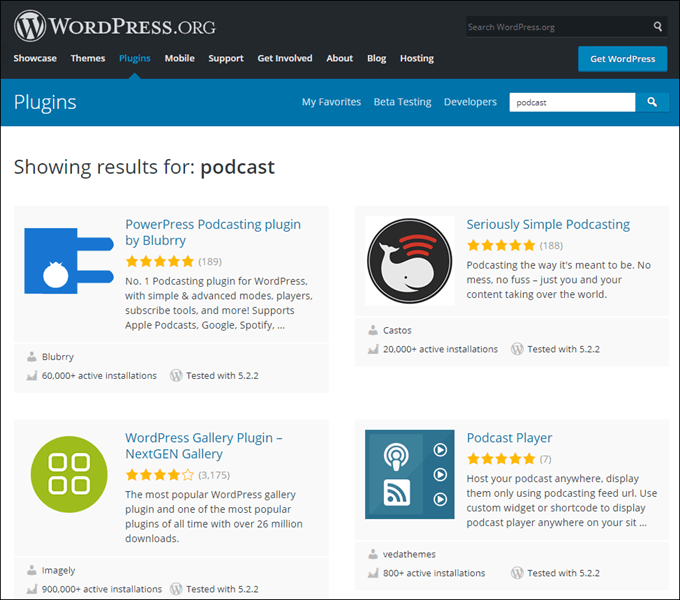So why not start a podcast? The minimum you need is an idea, something to record your voice and a way to upload it somewhere that hosts podcasts. Go ahead and do that! Get started now! But then consider these tools, a few are free, to help you kick up the quality a few notches.
Get Your Show Together
You’ve got an idea. That’s great. Now you need an outline, maybe some research, and if it’s going to be a theatrical podcast, you’ll need to write a script. Arguably, the best writing tool out there is Scrivener. Some of the most famous authors, podcasters, and television writers use it. It’s your all-in-one- text editor, research storage, and publishing tool. If you’re looking for free, you won’t do better than Google Docs. The real beauty of Google Docs is that you can work on it from anywhere, and you won’t lose your work. Computer crashes? Pfft, Google Docs has saved your work, probably to the last word you wrote. Plus, you can dictate into Google Docs if you’re using a device with a microphone. That includes your phone.
Get It Recorded
Yes, you can record directly into your device, but it’s not going to sound polished. There are things you can do to help with this.
First, download and get used to working with Audacity. Of all the free software out there, Audacity is one of the most professional and valuable ones you can get. It’s a recording studio, on your computer, for free.
You can record directly into Audacity, or you can import your audio files from another source and edit them here. However because you’ll need to export the audio in MP3 format for publishing, you’ll need to install the Lame MP3 encoder for Audacity. It’s easy to do.
Mac users will already know about GarageBand, which comes free on most Macs. GarageBand is an excellent recording studio for interview-style podcasts or just about any type of production.
Several top podcasters record their show on video and then publish it to YouTube. To get the audio out of the video file, they use video recording software like Camtasia.
Camtasia started as a screen recorder, so it’s great for podcasts on how to do things on computers. But Camtasia also makes it easy to work with the audio and extract it to use on its own.
See how YouTuber Mamapreneur uses Camtasia to edit her audio. She claims, “…even your granny could do it!”
Second, choose the hardware to record the podcast. Will you do it directly onto your phone? If so, consider getting a mic that will plug into your phone.
There are two types to consider: a lavalier mic (the kind that clips to your shirt) or a shotgun style mic. The lavalier mic is good for recording if you’re the only one talking. You could get dual lavaliers for interviews. Shotgun mics resemble the hand held mics you see singers use, but they’re much smaller and plug in to your phone.
Shotgun mics are good for picking up sounds around you in addition to your voice. Ideal for radio plays or group interviews. You can use it for just your own voice too.
If you want to record directly to your computer, consider getting a studio-style condenser microphone. These are the kind you’d expect to see in a recording studio. Some can sit on your desktop, or you can mount them on swing arms to get them even closer to your voice.
Doing a video and audio podcast will require having a decent standalone camera. You can do this with the camera on your phone, or a high-end webcam. After you’ve got some money to invest, maybe upgrade to a quality DSLR camera.
Speaking of professional recording, think about adding intro music or even sound effects to make your podcast pop. MelodyLoops has both paid and free music available. Free Music Archive is exactly what it says it is and FreePD has creative commons music as well.
Get It Out There
While it’s a good idea to have your own website to host and promote the podcast, it’s not necessary. There are several free and affordable podcast hosting services out there.
Take your time looking at them to see which one will best suit your needs. PodBean, Spreaker, and BlogTalkRadio all have free plans that will host a limited amount of audio. All of them also have tools and features to help you record your podcast and promote it.
If you’ve got your own website, and it’s WordPress based, you’re off to a good start with podcasting. At its core, WordPress supports podcasting. Just add an absolute URL link to your audio file, and WordPress will generate the RSS2 feed tag to make it usable as a podcast.
There are also several WordPress plug-ins that make it easier for you to share your podcast and make it easier for people to find you and listen to you.
One of the best WordPress podcasting plugins, Smart Podcast Player, was created by top-level podcaster Pat Flynn, the man behind the very popular Smart Passive Income website. Pat had it made to solve all the problems that he found while podcasting. There is a monthly subscription to use it, but there are also plenty of free podcast WordPress plugins to help you as well.
Get Podcasting Now
Even though podcasting has been around for about a decade, it is still very much in its infancy. There is plenty of room and a great future for it, plus it can quickly help you establish yourself as an authority in your field. So start now, with whatever you have available to do it. If you’d like to work with a friend on a podcast, share this article with them to show them how simple it is to start. Know someone who has been talking about podcasting, but not doing it yet? Share this with them to encourage them. Get heard!
